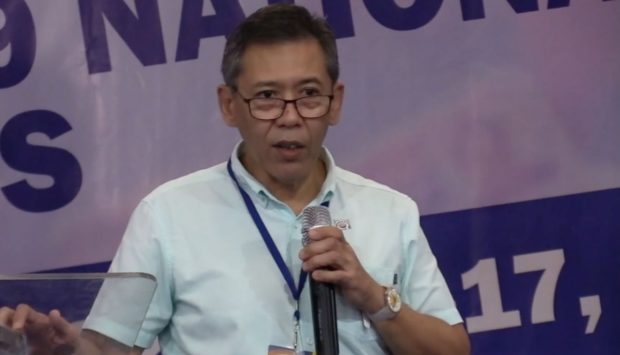Senator Ronald “Bato” Dela Rosa has been challenged by lawyer Chel Diokno to hand over the transcript of the Senate’s investigation into the drug war to the International Criminal Court (ICC). Diokno, who is a nominee for the Akbayan party list, made this demand public on Friday. He questioned Dela Rosa’s confidence in the findings of the Senate blue ribbon committee and argued that if Dela Rosa believed the results were unsatisfactory, he should have no hesitations about presenting them to the ICC.
This challenge by Diokno comes in the wake of ongoing criticisms and debates surrounding the Philippine government’s war on drugs, initiated by former President Rodrigo Duterte. The ICC had previously authorized a probe into this campaign, suspecting potential crimes against humanity. However, Dela Rosa, a former national police chief who played a significant role in the drug war, has consistently opposed ICC’s involvement.
Dela Rosa has argued that the ICC lacks jurisdiction over the Philippines, a standpoint supported by the current administration. He emphasized that the government has remained consistent in declaring its non-recognition of the ICC’s authority. This stance has been reiterated in various public statements and media interactions over recent weeks.
The controversy erupted when it was reported that Dela Rosa opposed submitting any public documents from the Senate inquiry to the ICC. While this approach aligns with his reservations about the ICC, it stands in contrast to Diokno’s assertion that transparency and accountability demand such disclosures.
The Senate blue ribbon committee’s probe into the drug war is a matter of public interest. This scrutiny has been fueled by reports that the campaign led to numerous extrajudicial killings, raising alarm among human rights advocates both locally and internationally. While the Philippine government maintains that the operations target only drug offenders, critics argue that the methods employed have been excessively harsh.
The call for transparency by Diokno and others aligns with the broader push for accountability in the country. Human rights groups have voiced concerns that without international oversight, justice for alleged abuses during the drug war remains elusive. Advocates argue that engagement with the ICC could pave the way for a fair assessment and potential redress for victims.

